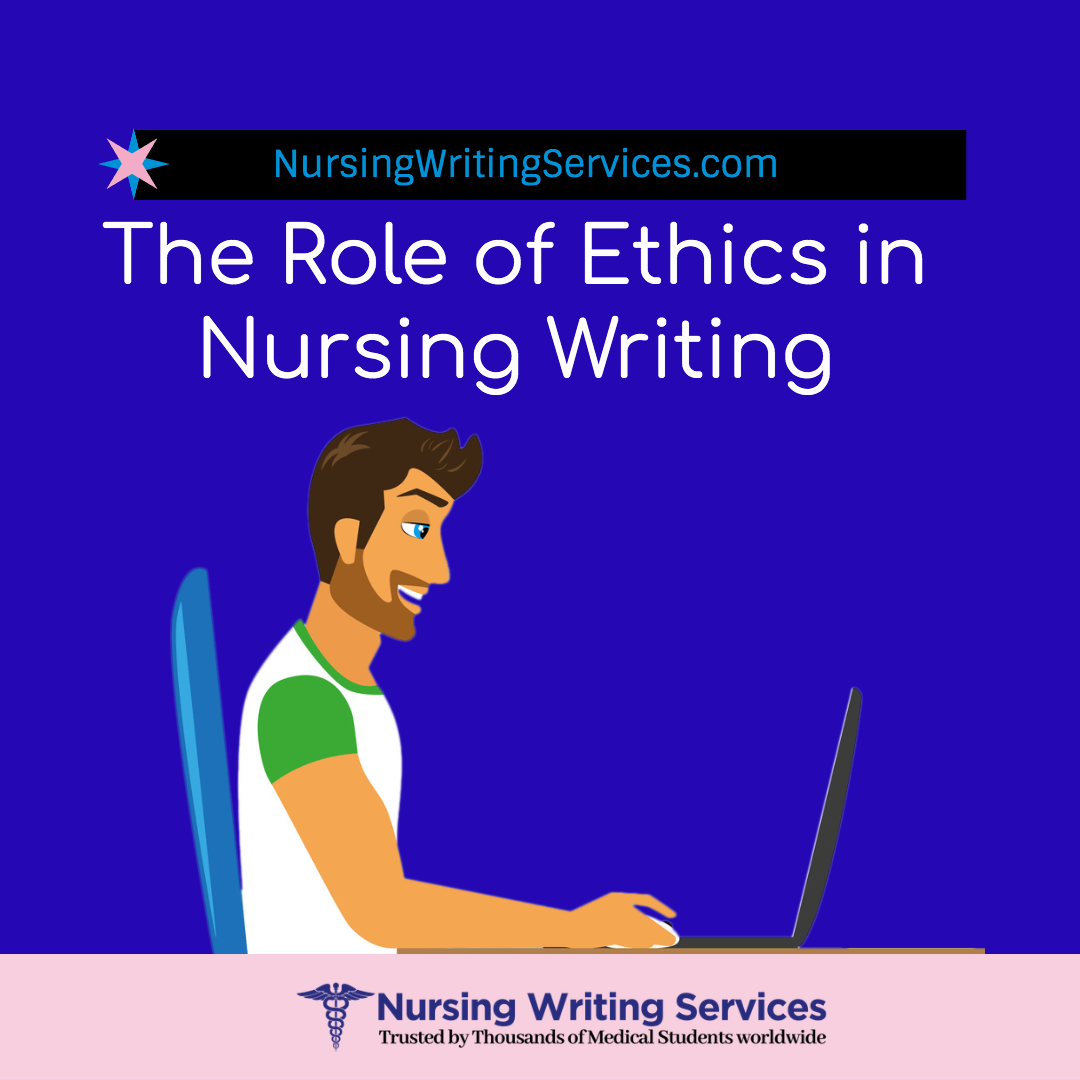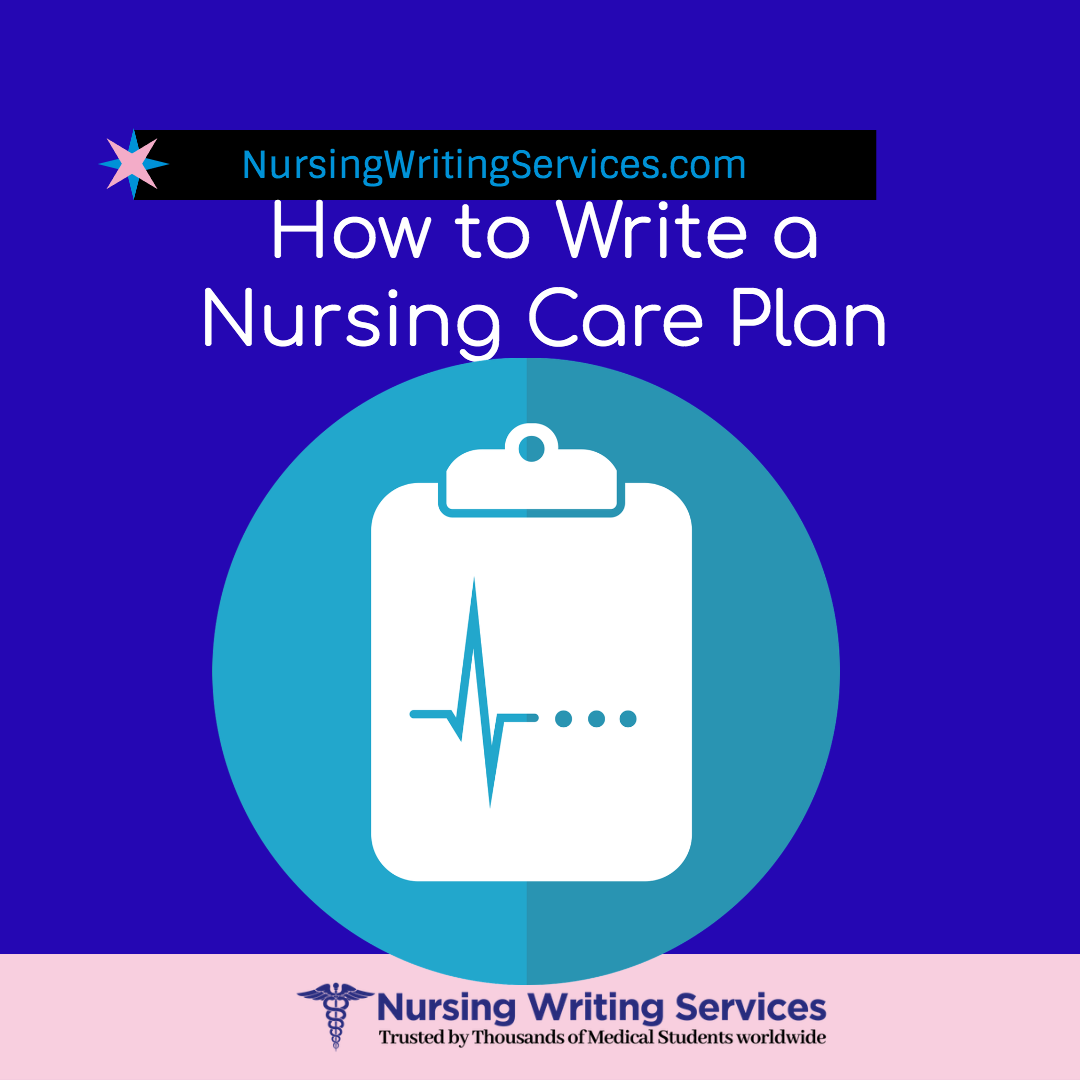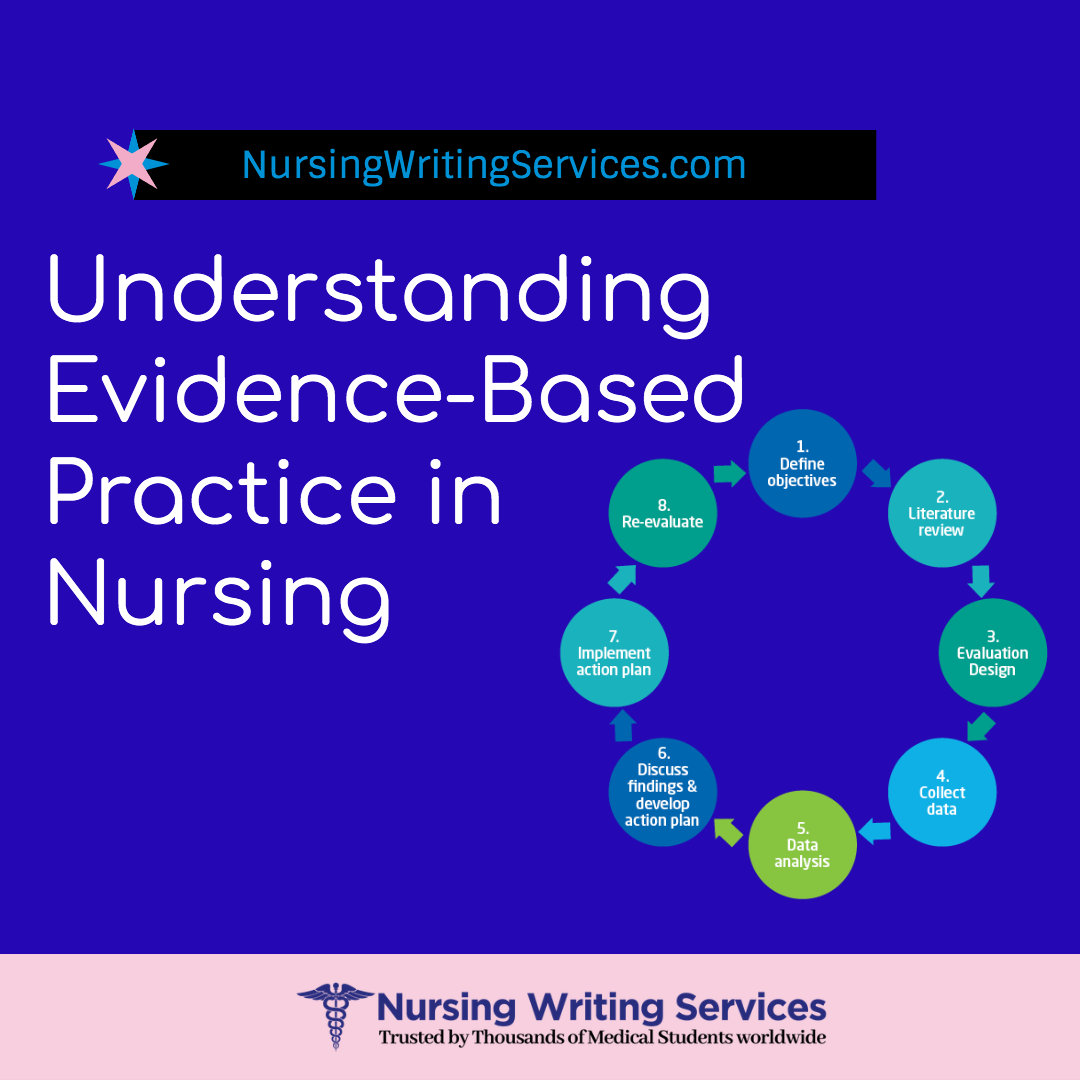The Role of Ethics in Nursing Writing
Nursing is a profession that involves providing care and support to people in need. It is a highly respected field that requires individuals to possess a wide range of skills, including technical skills, critical thinking skills, and interpersonal skills. In addition to these skills, nurses are also expected to adhere to ethical principles in their practice. Ethics in nursing writing is a crucial aspect of the profession, as it helps to ensure that patients receive high-quality care that is based on sound moral principles. In this article, we will explore the role of ethics in nursing writing, including its importance and how it is practiced in the nursing profession.
Importance of Ethics in Nursing Writing
Nursing is a profession that requires individuals to make ethical decisions on a daily basis. Nurses are often faced with complex ethical dilemmas, such as deciding whether to provide treatment to a patient who refuses it or disclosing confidential information to third parties. In order to make these decisions, nurses need to have a solid understanding of ethical principles and how they apply in different situations.
Ethics in nursing writing plays a vital role in ensuring that nurses have a clear understanding of these principles. Nursing writing includes documentation of patient care, including assessments, interventions, and outcomes. It also includes communication with other healthcare professionals and patients themselves. Ethical considerations are important in all of these areas of nursing writing.
Nursing writing is also important in legal and regulatory contexts. Accurate and complete documentation is essential in ensuring that healthcare professionals can provide effective care, and it is also important in protecting healthcare providers from legal liability. Inaccurate or incomplete documentation can have serious consequences for patients, healthcare providers, and healthcare organizations.
Ethical considerations are also important in the context of research. Nursing research is essential in advancing the field of nursing and improving patient care. However, it is important that research is conducted ethically and that the rights of research subjects are respected. Nursing writing plays a key role in ensuring that research is conducted in an ethical manner.
Principles of Ethics in Nursing Writing
The principles of ethics in nursing writing are similar to the principles of ethics in nursing practice. They include:
-
Respect for autonomy: This principle emphasizes the importance of respecting the decisions and choices of patients. In nursing writing, this principle is reflected in obtaining informed consent from patients before providing treatment or sharing their information with others.
-
Beneficence: This principle emphasizes the importance of doing good and promoting the welfare of patients. In nursing writing, this principle is reflected in providing accurate and complete documentation of patient care and outcomes.
-
Non-maleficence: This principle emphasizes the importance of avoiding harm to patients. In nursing writing, this principle is reflected in avoiding inaccurate or incomplete documentation that could result in harm to patients.
-
Justice: This principle emphasizes the importance of treating patients fairly and equitably. In nursing writing, this principle is reflected in ensuring that all patients receive the same level of care and that their information is treated confidentially.
Practicing Ethics in Nursing Writing
Practicing ethics in nursing writing requires a commitment to ethical principles and a willingness to apply these principles in all aspects of nursing practice. Nurses should be familiar with the ethical principles that guide their practice and should seek to apply these principles in their writing.
The first step in practicing ethics in nursing writing is to ensure that documentation is accurate and complete. Nurses should document all aspects of patient care, including assessments, interventions, and outcomes. They should also ensure that documentation is legible, timely, and reflects the patient's condition accurately.
Nurses should also ensure that their documentation reflects ethical principles. For example, nurses should ensure that they have obtained informed consent from patients before providing treatment or sharing their information with others. They should also ensure that patient information is treated confidentially and that they do not disclose information to
unauthorized individuals.
In addition, nurses should ensure that their documentation reflects cultural competence and sensitivity. They should be aware of cultural differences and how these differences may impact patient care. They should also ensure that their documentation reflects the patient's cultural background and preferences.
Nurses should also be aware of legal and regulatory requirements related to nursing writing. They should be familiar with the policies and procedures of their healthcare organization and should ensure that their documentation meets these requirements.
Nursing writing also plays a key role in research. Nurses involved in research should ensure that their research is conducted ethically and that the rights of research subjects are respected. They should also ensure that their research findings are reported accurately and honestly.
Conclusion
In conclusion, ethics in nursing writing is an essential aspect of nursing practice. Nurses must adhere to ethical principles in all aspects of their practice, including documentation and communication with other healthcare professionals and patients. Ethical considerations are important in ensuring that patients receive high-quality care that is based on sound moral principles. Nursing writing plays a key role in ensuring that ethical principles are upheld in all aspects of nursing practice, including patient care, research, and legal and regulatory contexts. By practicing ethics in nursing writing, nurses can ensure that they are providing the best possible care to their patients while also upholding the principles of the nursing profession.






